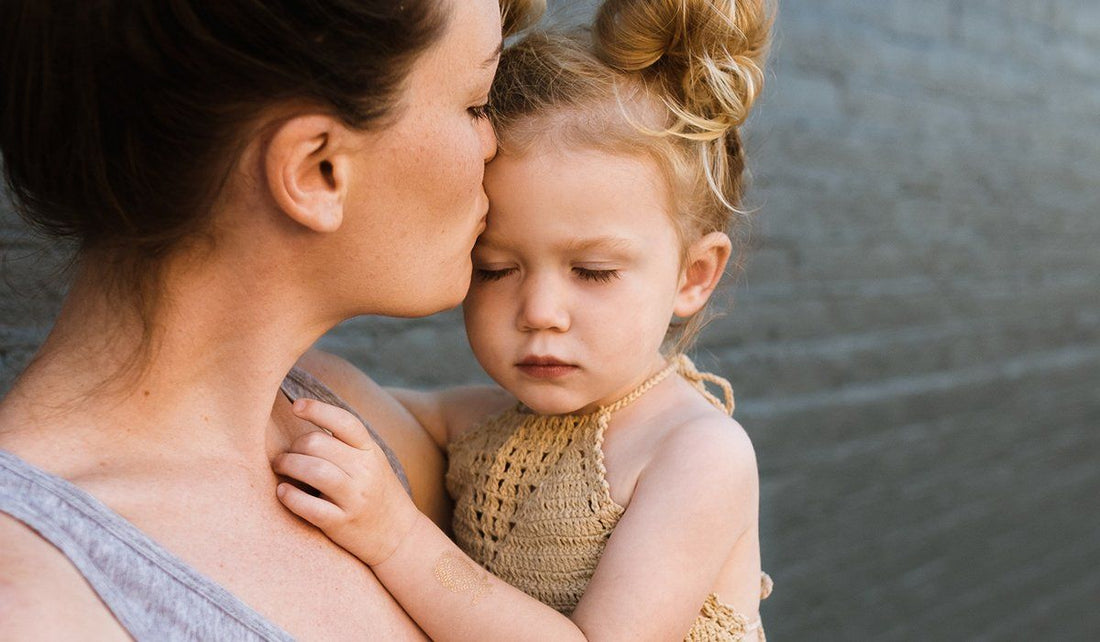As the coronavirus continues to spread, parents everywhere have been faced with the difficult task of explaining the current situation to their children in a calming manner while also trying to manage their own anxieties and fears. Many parents are unsure of how to talk to their children about coronavirus, and may be struggling with finding productive activities to keep their children occupied and relaxed while stuck indoors. Here are some ideas to help broach the subject of emergencies with your children, and see which are most impactful for your family.
1. Be Aware of Symptoms of Trauma in Children
Each child may be different when responding to traumatic events. Children may feel unsettled due to a change in their routine, and may pick up on the stress of the people around them. Excessive crying, unhealthy sleep patterns, difficulty concentrating, and irritability can all be signs that your child is not coping well. It’s important to act calmly when responding to this behavior and to talk openly with your child about what may be bothering them.
2. Recognize Signs of Anxiety in Children
Children’s fears and worries might intensify during times of crisis. Children are known to hide their fears instead of confronting them. If your child is misbehaving or acting out, they may be repressing their anxiety.
3. Comforting Children
Try to provide a sense of safety for your kids. Offer them physical comfort, such as a hug or cuddle time, gives them a sense of security. Make sure to reassure your child that they are safe and that it’s okay if they feel upset. Patiently listen to their concerns, and share how you deal with your stress so that they can learn healthy coping skills. Make sure you are also taking care of yourself, so that your fears and anxieties aren’t projected onto them.
4. Incorporate Calming Exercises for Kids Into Your Routine
There are many calming techniques and activities you can do with your child to help them feel more at ease. Practice focused breathing or guided relaxation through sleep meditation together to relax the body and mind. Take a relaxing bath, play gentle music, or try aromatherapy to help soothe their anxieties. Most importantly, make sure you’re keeping a regular routine. Meals, learning, and play time should all be scheduled, and you should try to have your child wake up and go to bed at the same time each day.
5. Offer DIY Crafts for Kids
Crafts can be a great way for your child to be imaginative and focus on something hands-on. Making a collage or scrapbook is a great activity for older kids to enjoy. Coloring books and creating crafts can be fun for all ages. Now is also a great time to brush up on baking skills and teach your child a new recipe.
6. Teach Your Kids Positive Affirmations
Positive self talk can be beneficial for both you and your child. Talk with your child about what kind of thoughts they have about themselves and teach them how their thoughts can affect their feelings. Work alongside your child to create a list of positive statements about yourselves and read them aloud to each other.
Talking to children about a crisis can be daunting. Using these tips, you can engage with your child, learn more about each other, and connect with them in a new way.
If your child still needs a little extra help, try non-prescription options without harmful side effects such as Brillia for Children to help reduce symptoms of anxiety they may be experiencing and help improve their attention and focus.





